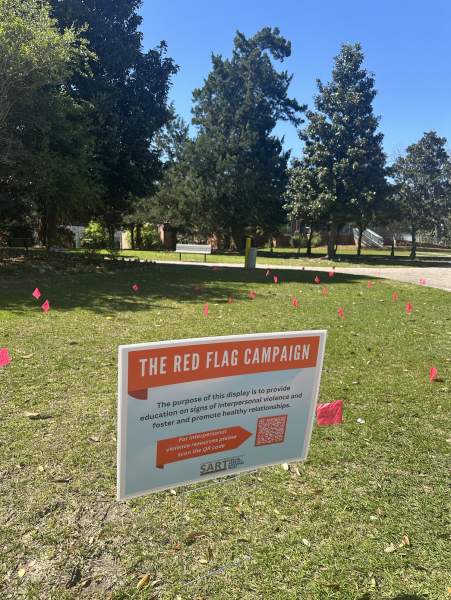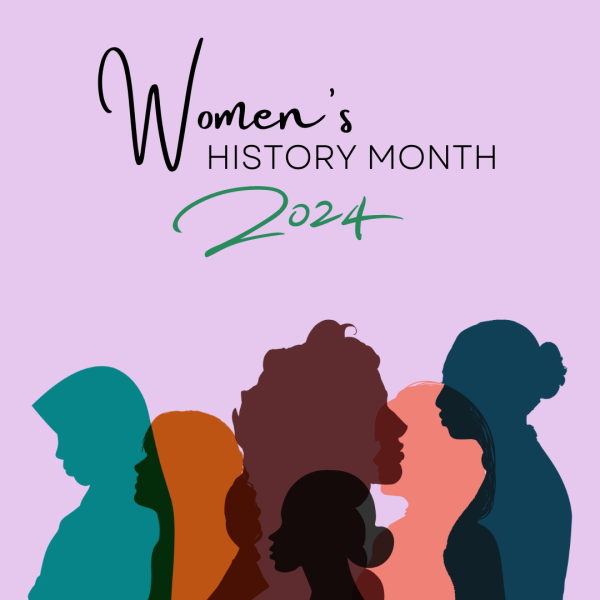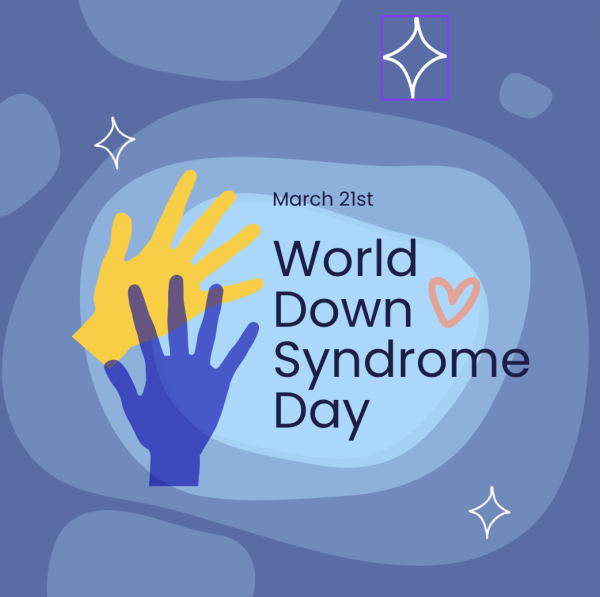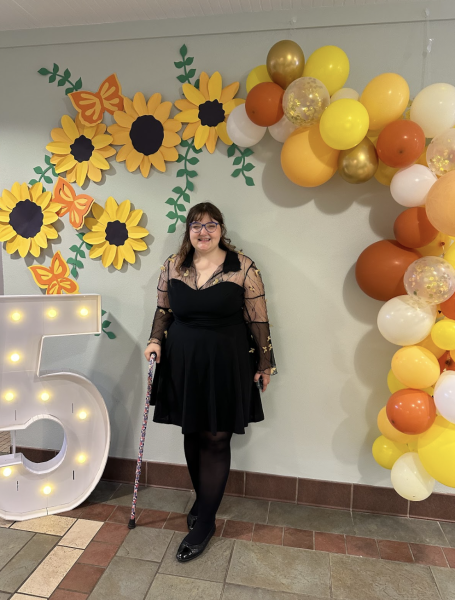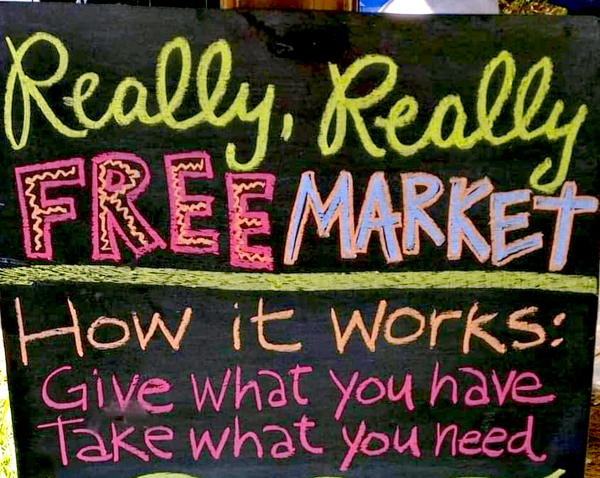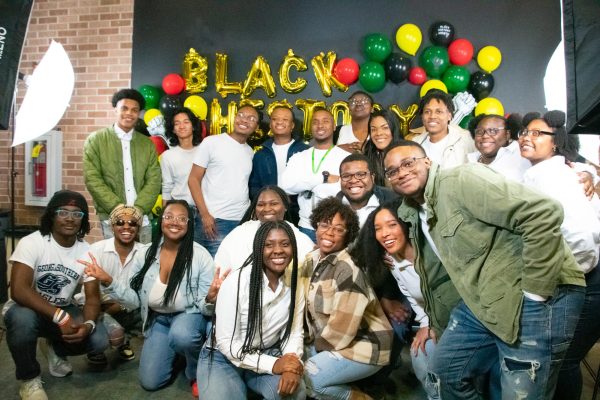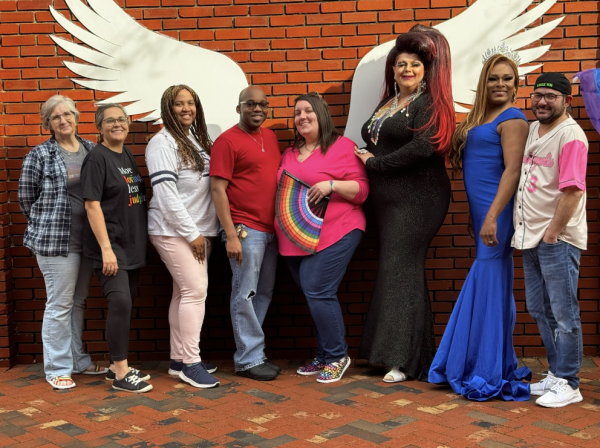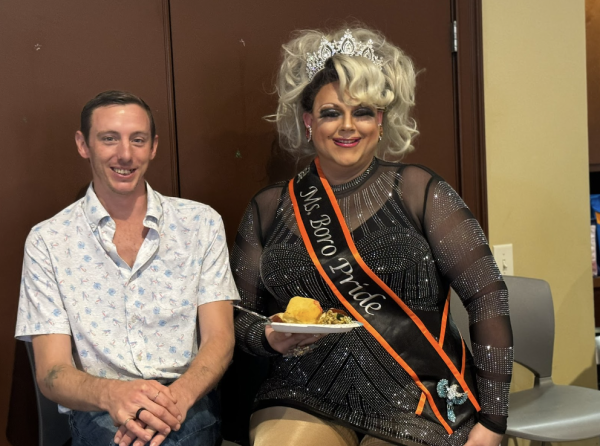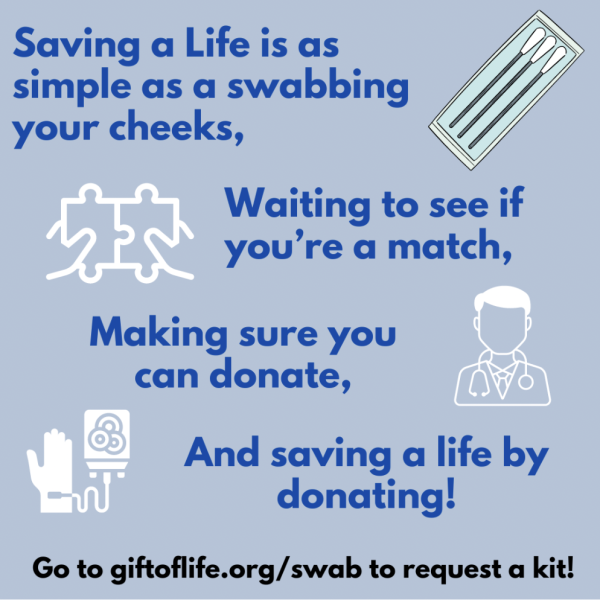The Diversity, Equity, and Inclusion Collaborative Group
Deep Dive sat down with staff from the College of Science and Mathematics to discuss the Diversity, Equity, and Inclusion Collaborative. We spoke with Co-leaders Karelle Aiken and Brandon Quillian as well as biology Ambassador, Brigette Brinton.
The goal of the Diversity, Equity, and Inclusion Collaborative (DEI) is to recruit, retain, and graduate a diverse student body and to recruit and retain a diverse staff that are devoted to diversity. As stated by Karelle Aiken the overarching goal is to, “create change and make environments in which everybody can thrive. We think deeply about groups that are traditionally marginalized and underserved in higher education so there is definitely a special emphasis on those groups because we are not going to make change if we don’t deeply and carefully think about those groups.”
The DEI Collaborative holds several events to promote diversity on campus such as lunch and learns and peer instructor trainings. Karelle Aiken stated that “faculty really wants students to succeed.” The DEI Collaborative has changed the way faculty teach so that it is more interactive and inclusive. According to Brigette Brinton, “most of the events has been focused on shaping faculty mindsets and shaping the environment in the classroom as opposed to specifically recruiting students or directly interacting with the students. It is about the culture behind the scenes in the classroom.” Other events include trainings focused on helping faculty realize implicit biases related to the classroom.
The establishment of the DEI Collaborative has improved teaching skills when it pertains to inclusiveness. Brandon Quillian stated that “the training of DEI helped me with the LGBTQIA aspect because I come from a very rural community, and it is a different culture from where I came from. Having that training, helped me to understand and become an ally for the group. The training made it much easier for me to connect with the students.” For Brigette Brinton, one of the ways the DEI Collaborative has improved teaching skills is through “awareness of how pervasive a lot of the issues were. I was admittedly kind of naïve of how strongly differences in wording or the presentation of questions, teaching methods, or information really affected different students’ learning. Thinking about all of those different perspectives and being aware of our own implicit biases has helped me to teach better not just in the classroom but in what materials I make, how I talk to students, regardless of what background they’re from. I feel like I have gotten rid of not so much biases but assumptions on my part, assuming something that works, and it doesn’t necessarily work for everyone.”
Speaking to some of the DEI Collaborative staff was a wonderful opportunity. To learn more about the program, follow @gscosm on Instagram and Twitter.

